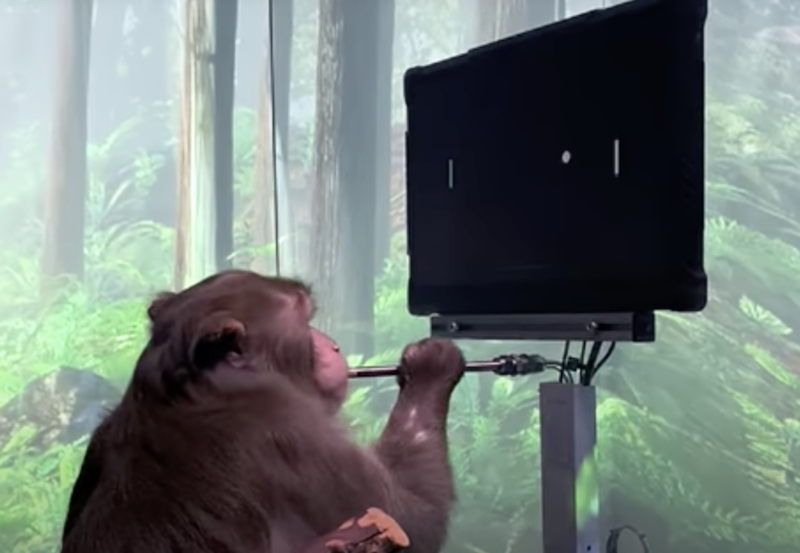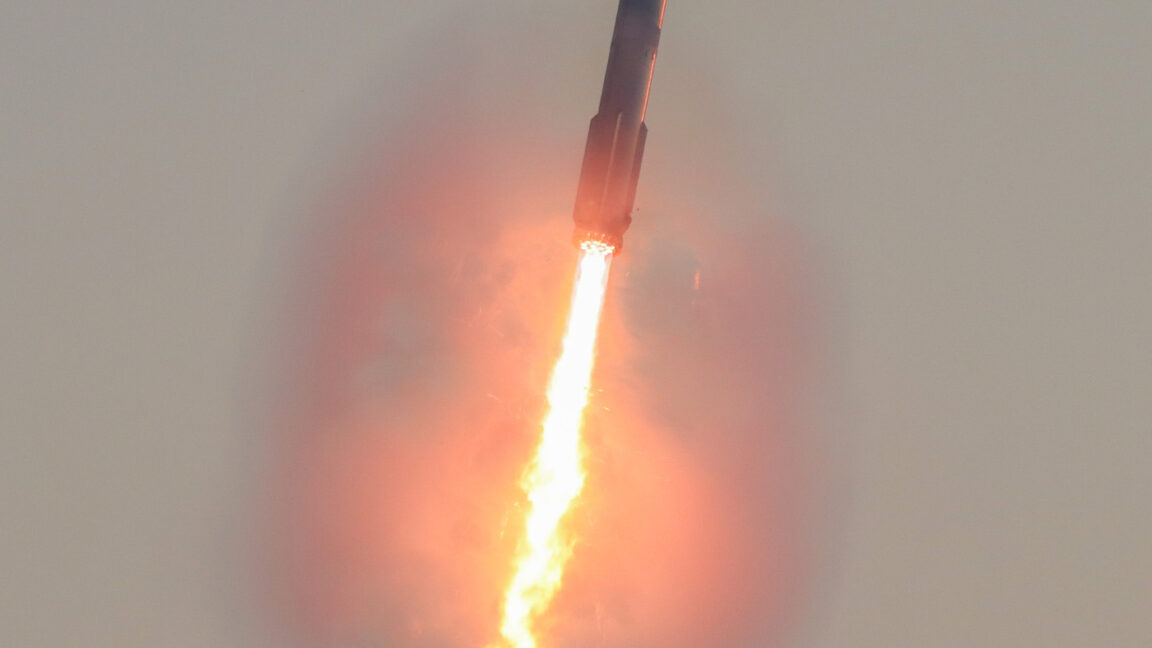Elon Musk's brain-computer interface company Neuralink is under investigation by the US Department of Agriculture for possible animal welfare violations amid allegations from current and former employees that the company abused animals in slapdash research leading to "hack job" surgeries spurred by Musk's rushed timelines.
That's all according to an exclusive investigation published late Monday by Reuters, which reviewed internal Neuralink documents and records and interviewed over 20 current and former Neuralink employees.
According to Reuters, the USDA Inspector General opened an investigation into Neuralink in recent months at the request of a federal prosecutor. The investigation focuses on possible violations of the Animal Welfare Act, which regulates the treatment of animals involved in research and other activities and is enforced by the USDA. Reuters was unable to determine the full scope of the investigation. The USDA inspector general declined to comment on Reuter's investigation. Regulatory filings show that Neuralink has passed previous USDA inspections.
However, the revelation of the probe came as several current and former Neuralink employees accused the company of abusing animals. Allegations ranged from sloppy research that led to euthanizing more animals than necessary to "hack job" surgeries that led to needless pain and suffering of animals before they were euthanized.
Allegations
In one instance in 2021, 25 of 60 pigs used in a study had devices that were the wrong size surgically implanted into their heads. It was an accident that internal documents and people familiar with the matter indicated could have been avoided if researchers were given the proper time to prepare for the experiment.
In two other incidents, Neuralink researchers accidentally implanted a device on the wrong vertebrae of two pigs in two separate surgeries, which could have been avoided if the researchers had simply counted the vertebrae before beginning the surgeries. The fact that it happened twice reportedly frustrated fellow researchers.
According to internal documents, Neuralink's veterinarian, Sam Baker, advised killing one of the pigs to end its suffering. "Based on low chance of full recovery… and her current poor psychological well-being, it was decided that euthanasia was the only appropriate course of action,” Baker wrote to colleagues a day after the surgery. Reuters noted that Baker added a broken heart emoji to the message.
Reuters also identified four experiments, involving a total of 86 pigs, that were spoiled by human errors. The errors meant that experiments yielded less valuable research results and had to be repeated, requiring the use of yet more animals. Three people who spoke with Reuters attributed the errors to the researchers working in a "pressure-cooker environment."
Pressure
Overall, employees blamed the avoidable accidents on Musk pushing researchers for faster progress with rushed timelines and deadlines.
In emails sent earlier this year, Musk sent employees a news article about a rival company making progress on an implant that allowed a paralyzed man to walk. Ten minutes later, he sent another email saying: "In general, we are simply not moving fast enough. It is driving me nuts!"
Three people also told Reuters that Musk has, on multiple occasions, told staff to pretend there's a bomb strapped to their heads as a motivation to work faster. At another point, he allegedly said he would trigger a "market failure" if the company didn't move faster, which employees interpreted as a threat to shut the company down.
In all, Neuralink has killed roughly 1,500 animals since 2018, including pigs, monkeys, and more than 280 sheep, according to Reuters. The outlet noted that a rival, Synchron, has made better progress using far fewer animals—only about 80 sheep. Like Neuralink, Synchron launched in 2016, but it has less lofty goals for its device. Still, the company's device allowed paralyzed people to text and type with their thoughts after the company got approval to run human clinical trials in 2021. Musk recently said he hopes Neuralink will get regulatory approval to start clinical trials in six months.
But internally, employees have raised concerns about animal welfare, pushed back on pressure to conduct faster research, and raised questions about the quality of the data they have so far, Reuters reported.
Responses
A representative for Neuralink did not immediately respond to Ars' request for comment.
In February, a company blog post defended its animal research, stating, "We will always strive to surpass the industry standard and never stop asking ourselves: 'Can we do better for the animals?', and never forget it is a privilege to work with animals in research. It is our responsibility as caretakers to ensure that their experience is as peaceful and frankly, as joyful as possible."
The blog post was in response to allegations from an animal rights group, the Physicians Committee for Responsible Medicine, which in February filed a complaint with the USDA accusing Neuralink and a former research partner, the University of California, Davis, of botching surgeries on monkeys due to the use of the wrong surgical glue. The mishap allegedly led to monkeys suffering needlessly and some being euthanized.
Neuralink moved all of its animal research in-house in 2020. One person told Reuters that the current federal probe is concerned with testing and treatment in Neuralink's in-house facilities.


